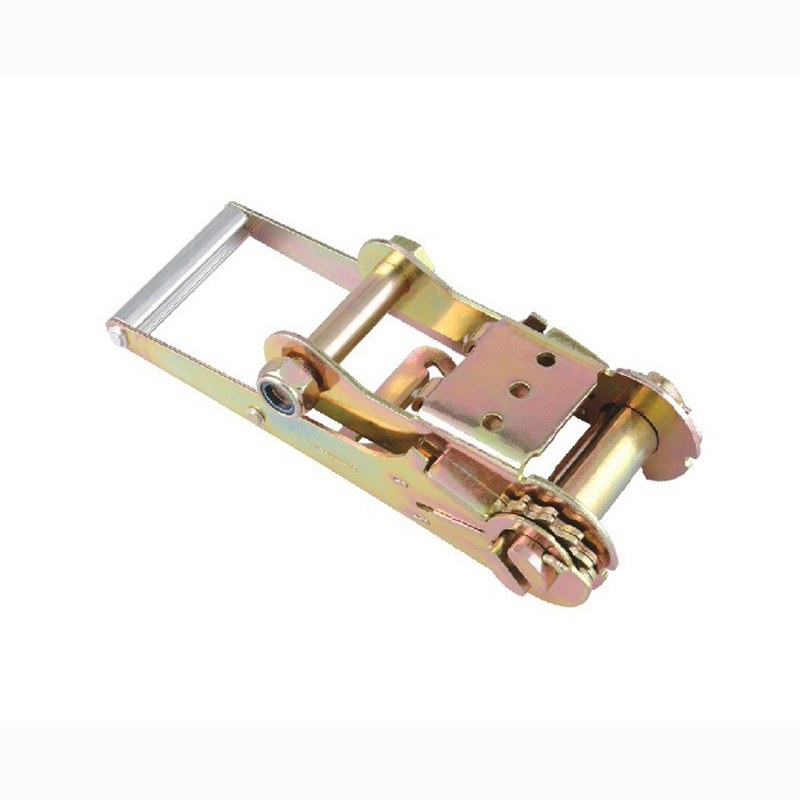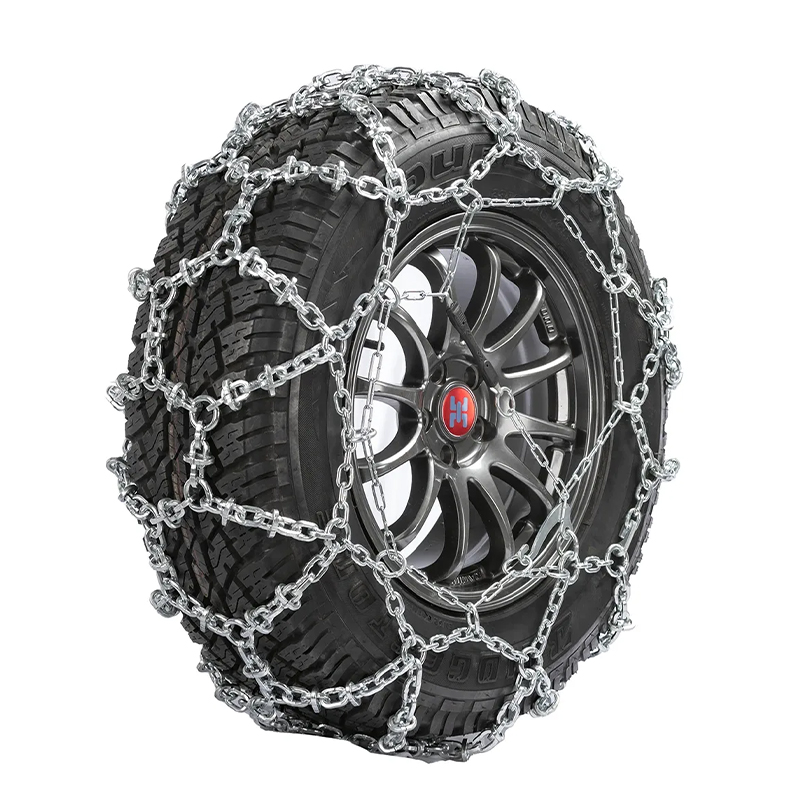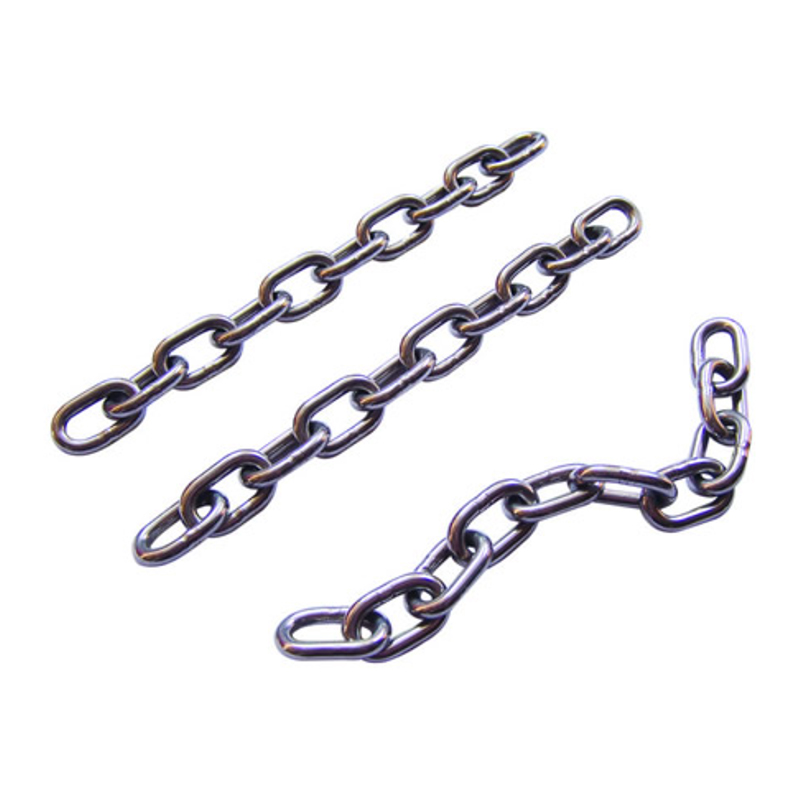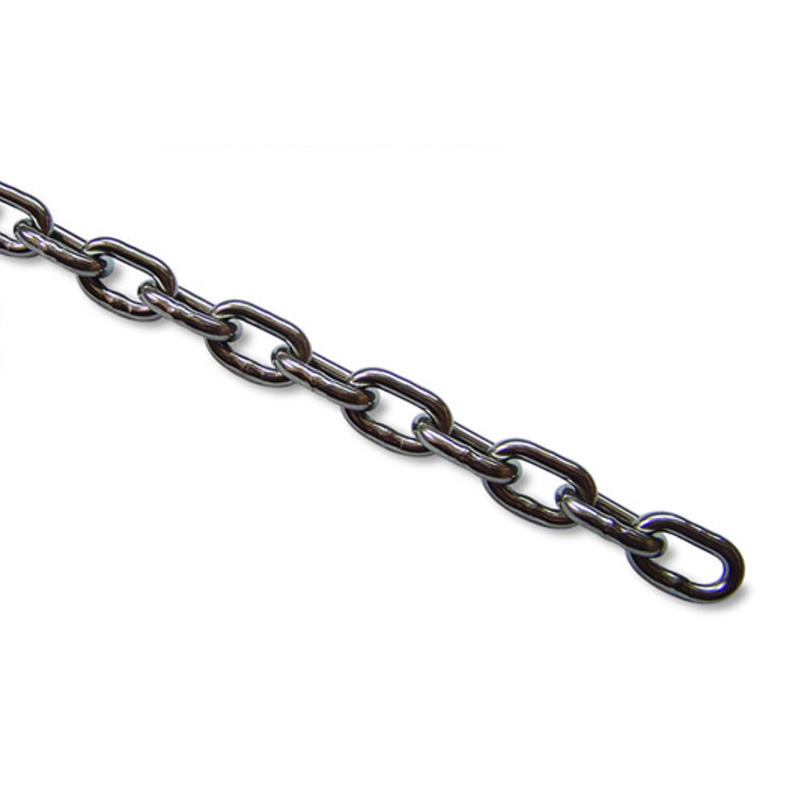Understanding G80 Alloy Chain
Definition of G80 Alloy Chain
A G80 Alloy Chain is a high-strength lifting chain made from alloy steel, designed to handle heavy loads safely. Unlike standard chains, G80 Alloy Chains are specifically engineered to meet rigorous lifting and rigging standards. Their unique composition provides superior tensile strength, making them suitable for demanding industrial and construction applications.
Material and Manufacturing
G80 Alloy Chains are manufactured using high-quality alloy steel that undergoes precise heat treatment processes. This treatment improves the chain’s hardness, toughness, and resistance to wear and deformation. Each link is carefully forged to ensure uniform strength, and the entire chain is tested to meet strict load-bearing requirements. The result is a durable, reliable chain capable of performing safely under high stress conditions.
Key Features and Benefits
High Load Capacity
One of the most important characteristics of a G80 Alloy Chain is its high load-bearing capacity. Designed for heavy-duty lifting, these chains are rated as Grade 80, meaning they can safely handle substantial loads when used according to proper guidelines. Compared to standard chains, G80 Alloy Chains can support significantly higher working loads without compromising safety. This makes them ideal for lifting, rigging, and securing heavy equipment in industrial, construction, and transportation settings.
Durability and Strength
Durability is another critical advantage of G80 Alloy Chains. The alloy steel construction and heat-treated manufacturing process ensure that the chain maintains its structural integrity even under continuous use and exposure to harsh conditions. They are resistant to wear, bending, and deformation, which extends their service life compared to conventional chains. Additionally, the precise forging process guarantees uniform link strength, reducing the risk of failure during heavy lifting operations.
Safety and Compliance
Safety is paramount when working with lifting chains. G80 Alloy Chains are engineered to meet stringent industrial standards, providing reliable performance during critical operations. Their strength and durability reduce the likelihood of accidents caused by chain failure. Moreover, regular inspection and maintenance can further enhance safety, making these chains a dependable choice for professionals handling heavy loads.
Parameter Comparison
| Feature / Type | Standard Steel Chain | G80 Alloy Chain | Comments |
|---|---|---|---|
| Material | Carbon Steel | Alloy Steel | Alloy steel provides higher tensile strength |
| Heat Treatment | Optional | Mandatory | Ensures hardness and durability |
| Working Load Limit (WLL) | Low-Medium | High | G80 can handle significantly heavier loads |
| Wear Resistance | Moderate | High | Longer service life in harsh environments |
| Suitable Applications | Light Lifting | Industrial Lifting, Rigging, Towing | Wider application range for G80 chains |
Versatility in Use
Beyond lifting and rigging, G80 Alloy Chains are versatile enough to be used in towing, cargo securing, and overhead lifting applications. Their high strength-to-weight ratio allows operators to manage heavy loads efficiently while maintaining safety standards. The chains are suitable for both short-term projects and long-term industrial use, offering reliability and performance in various scenarios.
Common Applications
Lifting and Rigging
G80 Alloy Chains are widely used in lifting and rigging operations due to their high load-bearing capacity and durability. In construction sites, these chains are employed to lift heavy machinery, steel beams, and concrete blocks safely. Their precise heat-treated alloy steel construction ensures that they can handle dynamic loads without deformation or failure. Using G80 Alloy Chains in these scenarios reduces the risk of accidents and improves operational efficiency.
Towing and Cargo Securing
Another common application for G80 Alloy Chains is towing vehicles and securing cargo. Alloy steel tow chains are preferred in transportation and logistics because they can maintain strength under extreme tension. Whether used to tow trucks, trailers, or heavy equipment, G80 Alloy Chains provide reliable performance and prevent slippage or breakage during transport. They are also commonly used to secure heavy loads on flatbeds or shipping containers, ensuring that cargo remains stable during transit.
Overhead and Industrial Uses
Industrial operations often require chains capable of supporting suspended loads or heavy materials in warehouses, factories, and docks. Overhead lifting chains, such as G80 Alloy Chains, are ideal for these environments. They can safely support cranes, hoists, and gantries, enabling efficient movement of materials without compromising safety. Their high wear resistance and uniform link strength make them suitable for repetitive lifting cycles over long periods.
Marine and Outdoor Applications
Due to their robust alloy steel composition, G80 Alloy Chains can also be applied in marine environments and outdoor projects. They are resistant to corrosion and wear when properly maintained, making them suitable for securing ships, anchors, or outdoor heavy machinery. Their versatility and strength ensure that they perform reliably in harsh conditions, including wet or abrasive environments.
Parameter Guide for Different Applications
| Application Type | Recommended Chain Grade | Typical Working Load Limit | Key Advantages |
|---|---|---|---|
| Construction Lifting | G80 | High | Handles heavy, dynamic loads safely |
| Towing Vehicles | G80 | Medium-High | High tension resistance, prevents slippage |
| Cargo Securing | G80 | Medium-High | Reliable for transporting heavy loads |
| Overhead Industrial Lifting | G80 | High | Durable for repeated lifting cycles |
| Marine / Outdoor Use | G80 | Medium-High | Corrosion resistance and long lifespan |
How to Choose the Right G80 Alloy Chain
Selecting the appropriate G80 Alloy Chain is crucial to ensure safety, efficiency, and longevity in lifting, rigging, towing, or industrial applications. Several factors should be considered when choosing the right chain.
Working Load Limit (WLL)
The most important factor is the chain’s working load limit. G80 Alloy Chains are rated according to their load capacity, which must match or exceed the weight of the load being lifted or secured. Choosing a chain with an insufficient WLL can lead to accidents and equipment failure.
Chain Size and Link Dimensions
The size of the chain and the dimensions of each link directly affect its strength and suitability for specific tasks. Larger chains can handle heavier loads, while smaller chains may be more appropriate for lighter operations. Always refer to specifications to ensure compatibility with hooks, shackles, and lifting equipment.
Environment and Application
Consider the environment where the chain will be used. For outdoor or marine applications, corrosion-resistant finishes or protective coatings are recommended. For industrial settings with repetitive lifting, chains with higher wear resistance and fatigue strength are preferable. G80 Alloy Chains offer versatility, but selecting the right type based on environmental conditions is essential.
Inspection and Certification
Ensure that the chain comes with proper certification and meets relevant industrial safety standards. Certified G80 Alloy Chains have undergone rigorous testing to confirm their load capacity, tensile strength, and durability, providing confidence during critical operations.
Maintenance and Safety Tips
Regular Inspections
Inspect chains before each use for signs of wear, elongation, cracks, or deformation. Pay special attention to the links and weld points, as damage in these areas can compromise strength. Remove any chain that shows visible defects from service immediately.
Lubrication and Cleaning
Regular cleaning removes dirt, debris, and corrosion that can weaken the chain over time. Lubricate the chain with appropriate oils to maintain smooth operation and prevent rust, especially for chains used in outdoor or marine environments.
Proper Storage
Store chains in a dry, cool place to prevent moisture-related corrosion. Avoid placing heavy objects on top of stored chains, which could bend or deform the links. Hanging chains vertically or coiling them properly ensures that they retain their shape.
Safe Operation Practices
- Avoid exceeding the working load limit.
- Do not twist or knot the chain during use.
- Use compatible hooks, shackles, and lifting equipment.
- Ensure that personnel handling the chain are trained in proper lifting and rigging techniques.
Frequently Asked Questions (FAQ)
1. What makes G80 Alloy Chains different from standard chains?
G80 Alloy Chains are made from high-strength alloy steel and undergo precise heat treatment, giving them superior tensile strength, durability, and wear resistance compared to standard chains. These characteristics make them ideal for heavy lifting, rigging, towing, and industrial applications where safety and reliability are critical.
2. How do I ensure the safe use and maintenance of G80 Alloy Chains?
Regular inspection for wear, deformation, and cracks is essential. Chains should be cleaned, lubricated, and stored in a dry environment. Avoid exceeding the working load limit and use compatible hooks or shackles. Following proper maintenance and safety practices significantly extends the chain’s lifespan and reduces operational risks.
3. Where can I source high-quality G80 Alloy Chains and related lifting equipment?
Shanghai TCH Metals & Machinery Co., Ltd. is a leading manufacturer and distributor of metals and machinery, including chains, slings, wire ropes, and rigging hardware. With over two decades of experience and a global presence in North America, Europe, and Japan, the company is known for high-quality products, advanced manufacturing facilities, and exceptional customer service. Businesses looking for reliable lifting equipment can consider partnering with them for a wide range of solutions.
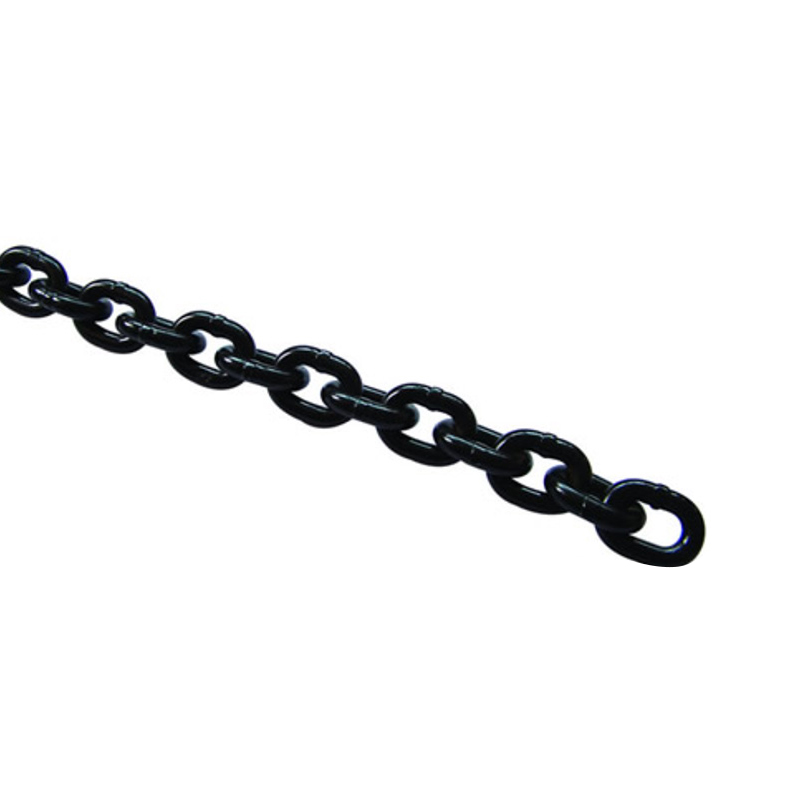

 English
English Español
Español Deutsch
Deutsch 日本語
日本語